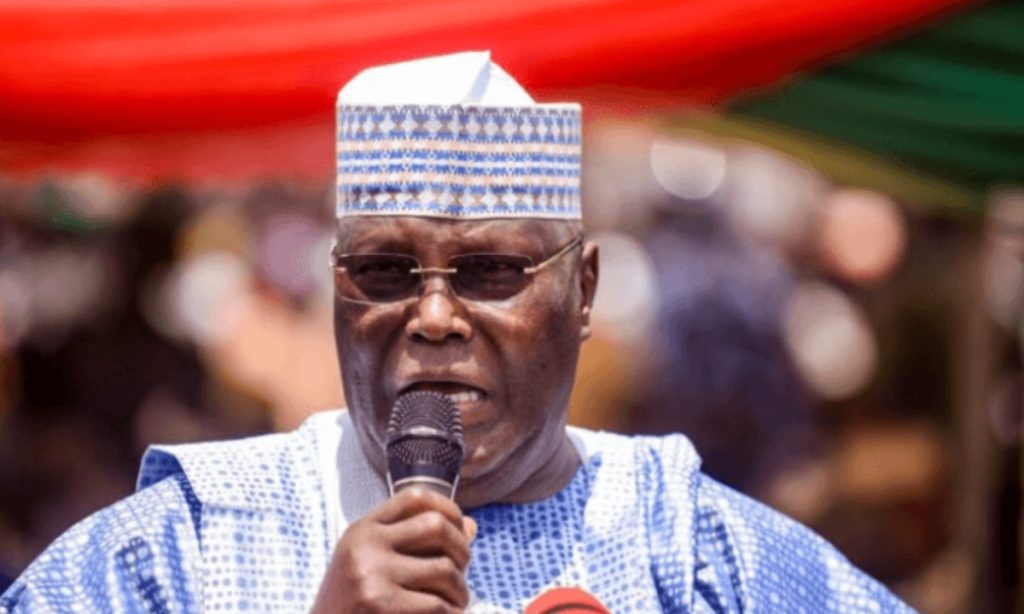Africans are actively shaping the monumental historical events defining the 21st century, despite the continent facing a dual challenge of rapid population growth and slow economic progress. This paradox is intricately intertwined with two pivotal global trends that are molding the course of our world.
The first trend revolves around the geopolitical shift towards a multipolar world, emboldening African nations to assert their agency on the global stage. Many African governments are strategically positioning themselves to engage with a diverse set of international partners, attracting the attention of both established and emerging powers, emphasizing the need for African support in critical global matters.
In parallel, the second trend, often overlooked, is the burgeoning African diaspora dispersing across the globe, gradually exerting its influence in numerous regions. This trend, although not new, carries profound historical significance, tracing back to the migration of Homo sapiens out of Africa and the epochal impact of the trans-Atlantic slave trade.
In the 19th and 20th centuries, migration patterns shifted, with Europeans colonizing Africa, and later, the reverse flow of migration with the attainment of African independence. Notably, the 20th century witnessed an unprecedented surge in Africa’s population, paving the way for outward migration, mirroring historical patterns from other regions such as Europe and Asia.
The increasing African migration is poised to yield substantial economic and cultural repercussions globally. Beyond remittances, the diaspora’s entrepreneurial spirit, creativity, and connections are reshaping industries such as music, arts, film, and literature, elevating Africa’s cultural influence worldwide. Moreover, the expanding Nigerian diaspora, wielding significant influence in business and culture, exemplifies the potential for African communities to emerge as influential global players.
While ample opportunities exist for African migrants abroad, they often grapple with formidable obstacles, ranging from residual racism to nativist sentiment in host countries. Despite these challenges, the demand for labor in aging societies presents avenues for Africa’s youthful population to contribute to the global economy, albeit amidst resistance and hurdles.
As African communities assimilate and engage politically abroad, they sustain strong ties with their countries of origin, contributing to Africa’s escalating influence worldwide. The widespread presence of African communities across Europe, Russia, America, and even China underscores the enduring impact of this diaspora, underscoring its profound implications for both origin and destination countries.
In essence, Africa’s weight and influence globally are on the ascent, propelled by the evolving dynamics of migration and the diaspora’s far-reaching impact. This transformative narrative, quintessentially African, is poised to leave an indelible imprint on the world, shaping the course of history for generations to come.



